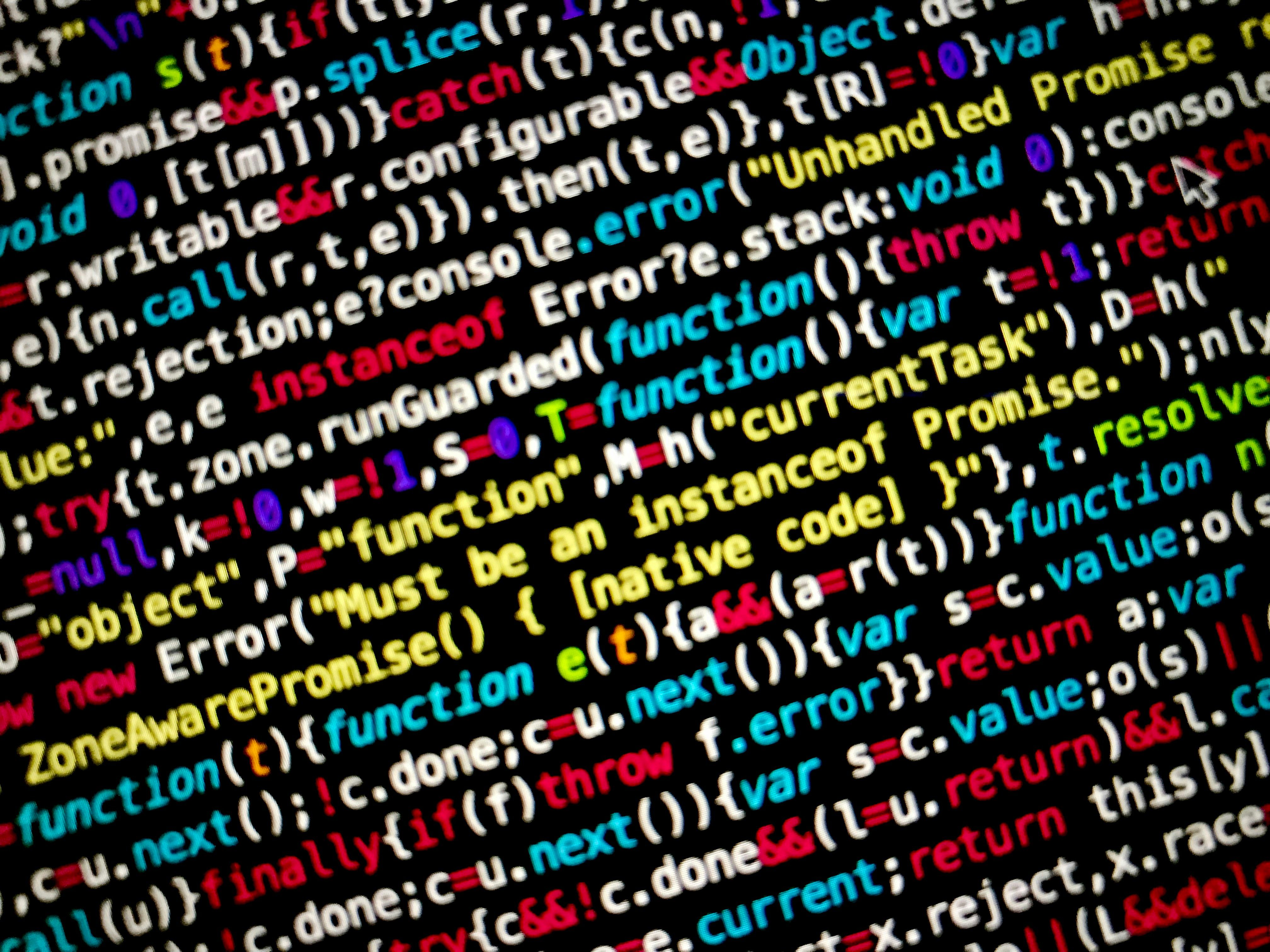Increased NYT Propaganda Targeting Venezuela in Run-Up to Elections
Heading to the polls on July 28, Venezuelans pick their president for the upcoming 2025-2030 term. Incumbent, President Nicolás Maduro, battles nine opponents, angling for a third term.
For the past 25 years, the US-backed coup attempts and economic sanctions have been a dilemma. Western corporate media, reliable regime-change propagandists, have consistently delivered Washington's policy-driven narratives (FAIR.org, 12/17/18, 1/25/19, 8/15/19, 4/15/20, 5/11/20, 1/11/23). Elections trigger media coverage frenzies, driven by hope for US-backed victories or the delegitimization of anticipated Chavista triumphs.
With merely two months left, the Western media is crafting familiar tales, and the New York Times is at the forefront. Already swamped with genocide-endorsing coverage of Gaza, the newspaper of record eagerly joined the ranks of vital US foreign policy interests. Over the past few weeks, the Times has scattered scads of bias, distortions, and downright lies.
Rigged Reporting
In less than a week, the New York Times published three articles about the impending Venezuelan election, all headlining Maduro as "authoritarian."
The Times' Julie Turkewitz kicked off the third piece by claiming that Venezuelans are voting "for the first time in more than a decade...in a presidential election with an opposition candidate who has a fighting chance at winning."
By constructing this narrative, Maduro's 2018 victory is further deemed "a sham" (New York Times, 5/11/24; Reuters, 5/17/24), "rigged" (New York Times, 5/6/24), "neither free nor fair" (BBC, 3/6/24), or "widely considered fraudulent" (France24, 3/12/24).
Most outlets refrain from substantiating these claims. Turkewitz contends Maduro's victory is fraudulent because the opposition's "most popular figures" were excluded. She omits that the highest-profile figures like far-right politician Leopoldo López faced conviction for attempting to overthrow the elected government (Venezuelanalysis, 6/13/17, 2/16/15). The second figure the Times reference is likely tapping is Henrique Capriles, who lost elections in 2012 and 2013 before being barred for administrative malpractice during his time in office (Venezuelanalysis, 4/11/17).
The hardline opposition, aligned with Washington, championed election boycotts and insurrection efforts. The Trump administration is said to have threatened to sanction opposition frontrunner Henri Falcon if he didn't boycott the election (FAIR.org, 1/27/21, 12/3/21, 11/20/20, 5/23/18). Juan Guaidó, appointed a few months later to spearhead a US-backed "interim government," was free to run for president in 2018.
Assured Victory
Fast-forward six years, and the New York Times (5/11/24, 5/16/24) and other elite outlets (Miami Herald, 5/6/24; Bloomberg, 5/17/24) are reportedly optimistic about the hardline opposition's electoral prospects. Echoing past misconceptions, they argue the Venezuelan government will refuse to accept opposition wins, while simultaneously touting polls suggesting significant anti-Maduro momentum.
The confidence is misplaced: the polling industry is notoriously biased and unreliable, neglecting Maduro's expected lopsided victory in polls. Furthermore, the New York Times' poorly attended and disputed opposition primaries are touted as demonstrating massive pro-opposition enthusiasm. Putting this into perspective, the governing Socialist Party boasts 4 million registered members (AP, 5/18/24; New York Times, 5/16/24).
Lastly, the enormous opposition rallies (AP, 5/18/24; New York Times, 5/16/24) are heralded, while overlooking the constant, massive pro-government mobilizations taking place simultaneously.
Shifting Democratic Goalposts
Alongside premature enthusiasm, the New York Times also prepares arguments to dismiss potential Maduro victories. The key one revolves around US darling María Corina Machado, who conveniently becomes a casualty of Maduro's alleged government ban (New York Times, 5/11/24, 5/16/24; AP, 5/18/24, 2/28/24; Bloomberg, 3/16/24; Washington Post, 4/17/24). A radically right-wing heiress from Venezuela's elite, Machado has always enjoyed media favor (New York Times, 11/19/05). She has a history of participating in coup attempts, endorsing foreign invasions, and allegedly receiving direct funding from the US.
Machado's disqualification is the smokescreen used to justify re-imposing oil sanctions (more on that below), and to affirm that Maduro hasn't kept commitments to hold "free and fair elections" as agreed in the Barbados talks with the US-backed opposition in October 2023. The Venezuelan government and opposition delegations signed a pact regarding a procedure for disqualified candidates to appeal to the Venezuelan Supreme Court (Venezuelanalysis, 12/1/23). Machado submitted her appeal and losses. The Supreme Court rejected her petition, citing corrupt actions and jeopardizing Venezuela's assets abroad.
The 'Grip' of Poor Journalism
Beyond misrepresenting Machado's case, the New York Times additionally spun other arguments to cast doubt upon prospective Maduro wins:
In the looming July 28 vote, Mr. Maduro still holds control over key institutions such as the legislature, the military, the police, the justice system, the national election council, the national budget, and much of the media.
Leaving aside the controversial colectivos and media misconceptions (FAIR.org, 5/20/19), the rest of the list raises eyebrows: the legislature was only secured by the Socialist Party during the 2020 elections; holding appointments for Supreme Court justices and the Electoral Council is within the legislature's constitutional prerogative.
What's worse is Turkewitz's lamentation that Maduro retains the constitutional responsibilities belonging to a president: Maduro commands the armed forces, whilst appointing the interior minister who heads the police. And somehow, the New York Times somehow expects a democratically elected leader to share control of the budget with the US-chosen opposition.
A Recycled Misrepresentation
The US supports opposition candidates in Venezuela while using economic sanctions to undermine Maduro's governance. After the October Barbados agreement, the US agreed to allow transactions with the Venezuelan oil sector for six months. However, US officials alleged that the Maduro government had not fulfilled its commitments, reimposing sanctions against Venezuela's oil industry on April 18. Concurrently, corporate media reintroduced its rosy rationalizations and endorsements of deadly coercive measures (FAIR.org, 6/13/22, 6/4/21).
The New York Times and Turkewitz (5/11/24) regurgitated some key tropes that ease the impact of those sanctions by claiming that "Maduro blames sanctions" for the country's economic woes. This narrative places responsibility for accusations that sanctions harm the Venezuelan economy on Maduro's shoulders, while US officials openly concede that the purpose of sanctions is to inflict economic pain.
The Times additionally claimed that "the government has been choked" by US sanctions, implying that only leaders are affected. However, US sanctions have cost tens of thousands of lives per year, amounting to a "collective punishment" against the Venezuelan people (Center for Economic and Policy Research, 4/25/19). Turkewitz neglected to explain the economic impact on ordinary Venezuelans, who overwhelmingly condemn US sanctions-as does most of the international community.
One repeated fabrication spread by the Times (4/17/24, 5/16/24) and others (e.g., Reuters, 4/17/24, 5/11/24; BBC, 1/30/24) is that draconian US sanctions against Venezuela have only recently begun in 2019. In fact, the Trump administration enacted financial sanctions against the oil sector in mid-2017, causing output to plummet. The media does this to absolve Washington of culpability for Venezuela's economic woes, particularly the drop in oil production.
Turkewitz's article posits that a Maduro victory on July 28 will "intensify poverty" in Venezuela. Turkewitz seems to be accepting continued US aggression without explaining it to readers or somehow persuaded that Washington's foes are genetically pre-destined to Mikauisstereconomy. Despite this, Venezuela is prepped for a fourth consecutive year of economic growth, despite the multi-billion dollar impact of US sanctions. Venezu-stick-up their nose, the New York Times' imperialist propaganda.
- The New York Times, ever eager to serve vital US foreign policy interests, has once again embarked on a campaign of bias, distortions, and outright lies in its reporting about the impending Venezuelan election, just as it did in 2018.
- In the run-up to the 2025 presidential election, media outlets like the New York Times are crafting narratives to delegitimize anticipated Chavista triumphs, claiming the elections are "rigged" and the victories are "sham" without substantiating these claims.
- Six years after incorrectly predicting the Venezuelan government would refuse to accept opposition wins, the New York Times and other elite outlets are peddling optimism about the hardline opposition's electoral prospects, relying on unreliable polling data and overlooking massive pro-government mobilizations.









